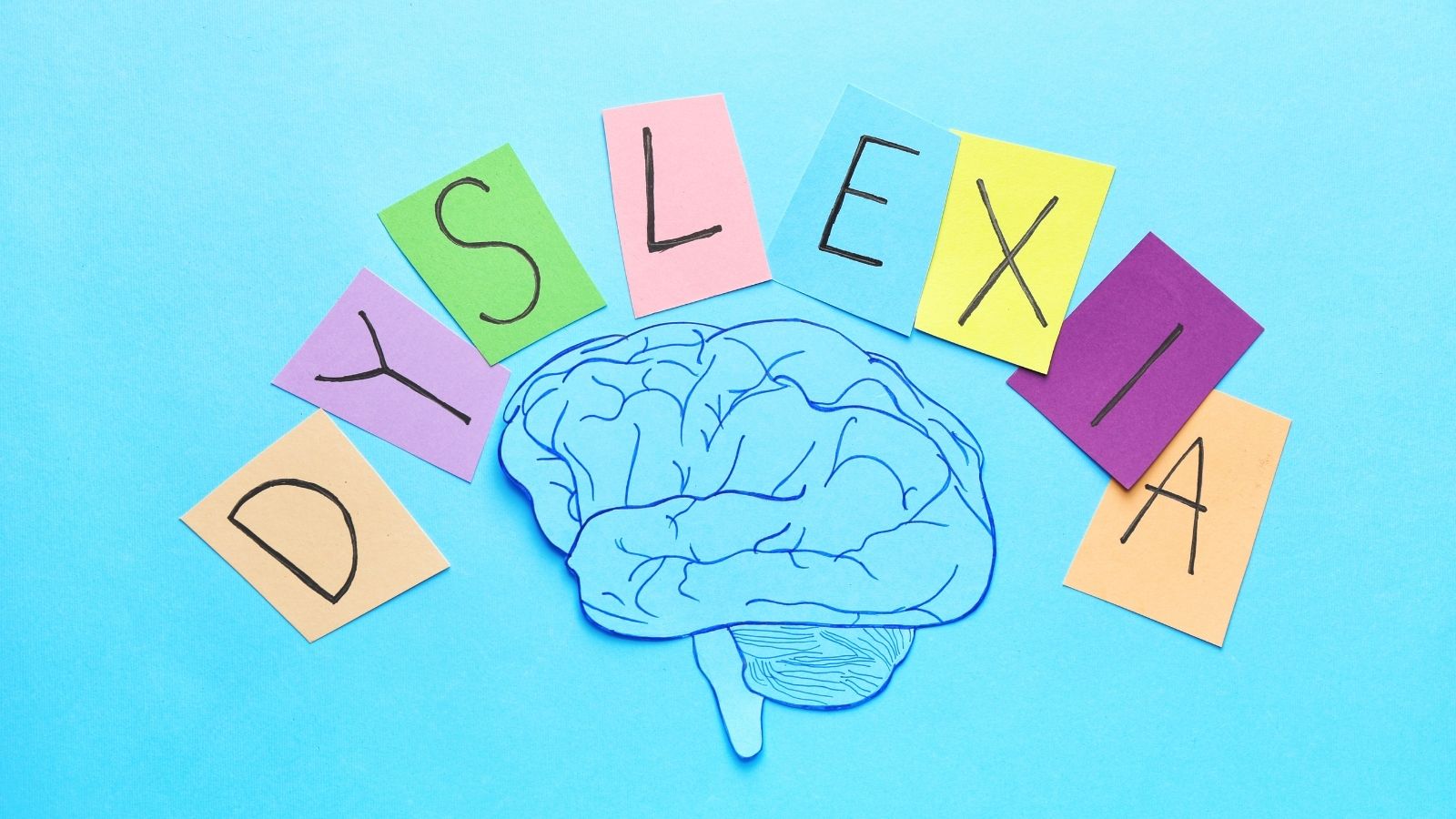So, what is Dyslexia?
Dyslexia is a neurological difference that can have a significant impact during education, in the workplace and in everyday life. As each person is unique, so is everyone’s experience of Dyslexia.
Dyslexia is a specific learning difficulty that can impact information processing and short-term memory capacity, creating difficulty in processing and remembering.
1 in 10
In England, 1 in 10 people have Dyslexia, approximately 3.3 million adults in the workplace and 889,000 school children, with many undiagnosed! Without the correct support, the impact on well-being and self-esteem can be profound. Young people at school are 3 and a half times more likely to be temporarily or permanently excluded.
My brother’s story
Each person with Dyslexia experiences it in ways unique to them. They will have their own set of strengths and challenges. I know this personally as my own brother has a diagnosis of Dyslexia and having being a teacher and SENDCo for several years.
Throughout school I watched my brother struggle, heard my parents be told that he is disruptive and saw his self-esteem plummet. This was 25 years ago and of course, awareness, support and provision have improved but even today we need to ensure that educators and employees are equipped with the skills to recognise, understand and support the complexities of Dyslexia.
Eventually, my brother found his way, he recognised his strengths, had some excellent educators that supported him and now in the workplace, he is open about his additional needs, and they support him accordingly. This is not to say he does not still find some things a challenge, but by personally recognising and acknowledging those needs, and finding strategies and support alongside his colleagues and employees, he is able to overcome these challenges.
While difficulties are individual, here are some specific things my brother finds tricky:
- Reading accuracy. More time is needed to read and process a piece of written work. This is frustrating and time-consuming.
- Blind to spelling and grammatical errors, even when checked and checked again!
- Retaining names
So how does he manage his Dyslexia? Here are his top tips:
- Do not avoid reading – read as much as you can including outside of school/work. This will improve your reading, just like practising a sport – you will get better.
- Be open about being Dyslexic
- Identify and understand your strengths
- Focus, listen, take notes and be organised. Do one task at a time.
- Look at software tools that can help e.g. ReciteMe*
*ReciteMe is a remarkable tool which we use across all Mind Of My Own products, you can read more about ReciteMe and their CEO Ross Linnnett’s dyslexia story here
When Dyslexic, young people, children and adults alike face challenges throughout their lives, we must ensure schools and classrooms are Dyslexia friendly and workplaces are environments that allow people to be open and share their needs.
For more top tips see: https://www.bdadyslexia.org.uk/




